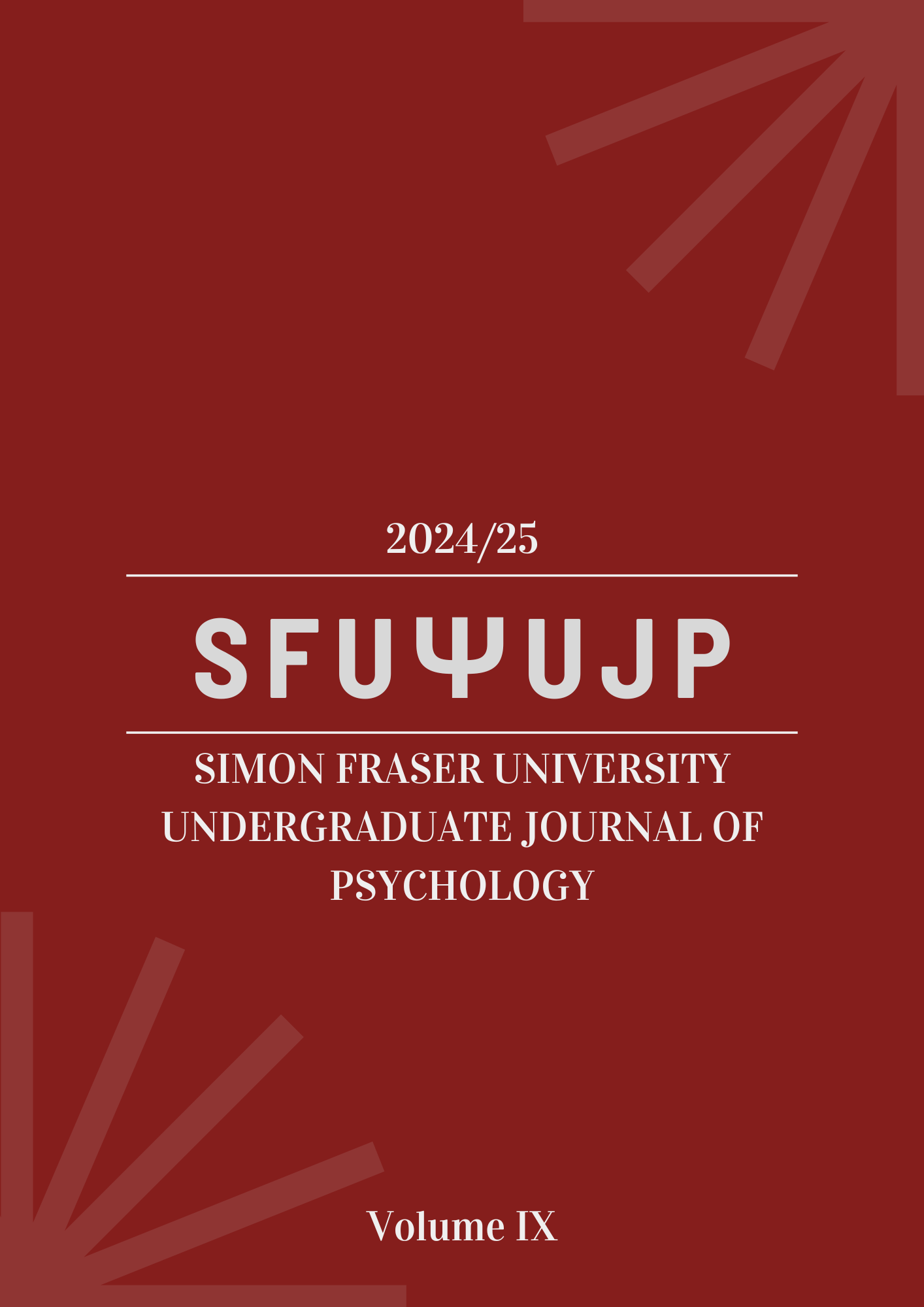Abstract
The digital revolution and the resulting social media platforms have brought about a transformation in human communications and intergroup relations. This paper examines the role of social media in shaping the dynamics of extremist group memberships. It explores how social media facilitates the spread of extremist ideologies and the recruitment and radicalization processes, leveraging theories such as Social Identity Theory and concepts like moral disengagement. The paper also discusses how the anonymity and global reach of social media enable these groups to not only strengthen their identities and cohesion but also engage in moral disengagement mechanisms, such as dehumanization, which rationalize extremist behaviours. Finally, it discusses the dual potential of social media to both propagate extremist views and serve as a tool for counter-radicalization efforts. Through a critical analysis of how digital environments influence group dynamics and individual behaviours, this essay contributes to the understanding of digital intergroup relations and underscores the need for strategic interventions to mitigate the adverse effects of social media on societal cohesion.
Keywords— Social Media, Intergroup Relations, Extremist Groups, Moral Disengagement, Radicalization

This work is licensed under a Creative Commons Attribution 4.0 International License.
Copyright (c) 2025 Allison Mathew

